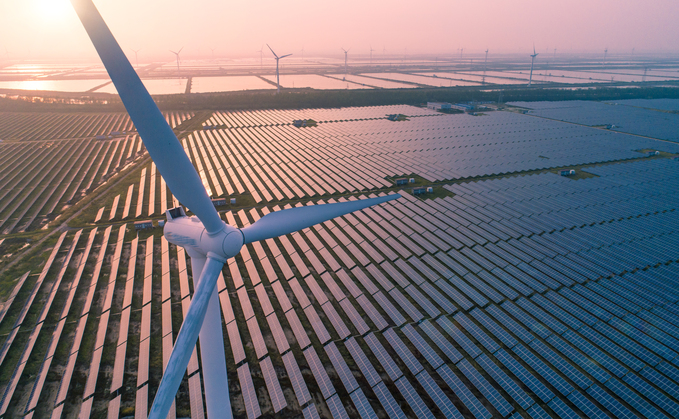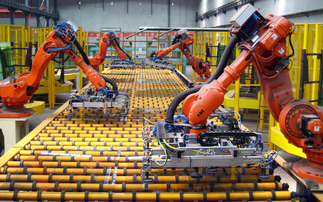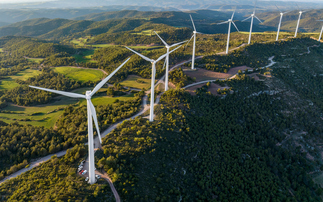
Partner Insight - The wind sector can create jobs, bring down bills and deliver a major boost to the economy - but it needs a laser focus to deliver growth
The electricity grid is akin to a tree trunk - its roots provide depth and access to nutrients through its foundations, which enables growth to new heights. Trees also send signals to each other while...
To continue reading this article...
Join BusinessGreen
In just a few clicks you can start your free BusinessGreen Lite membership for 12 months, providing you access to:
- Three complimentary articles per month covering the latest real-time news, analysis, and opinion from Europe’s leading source of information on the Green economy and business
- Receive important and breaking news stories via our daily news alert
- Our weekly newsletter with the best of the week’s green business news and analysis







